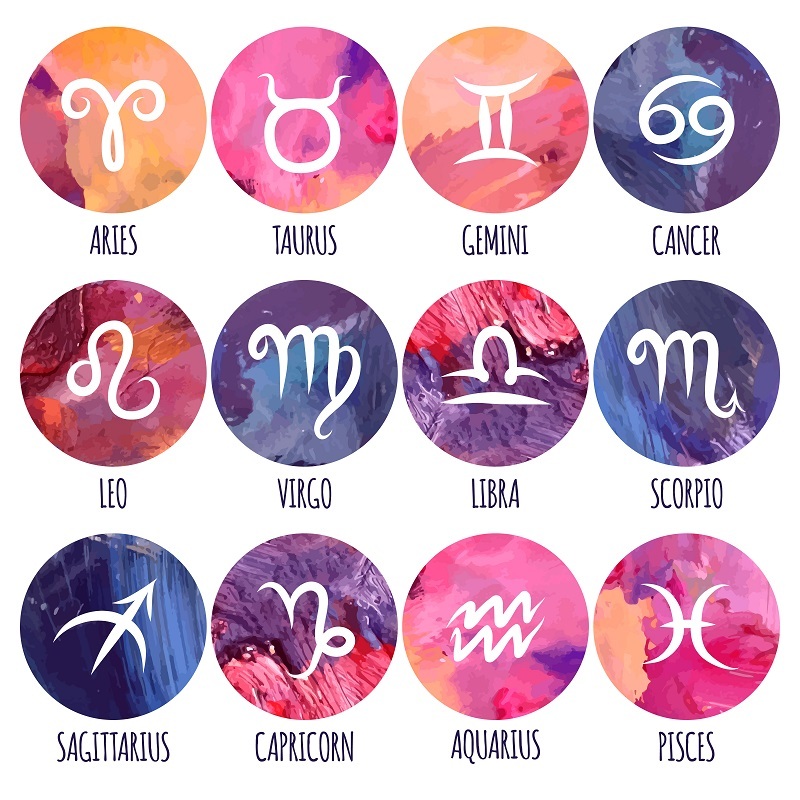Discover How to Make Your Poinsettias Endure
Posted on 14/08/2025

Discover How to Make Your Poinsettias Endure: A Complete Guide
Poinsettias, with their vibrant red and green foliage, have become an enduring symbol of the holiday season. But did you know that with the right care, these festive plants can last well beyond December? Learning how to make your poinsettias endure not only keeps your home bright through winter but also presents an enriching gardening challenge. In this comprehensive guide, we'll dive into practical tips, science-backed techniques, and creative solutions so you can enjoy your poinsettias year-round.
Table of Contents
- Why Do Poinsettias Often Fade So Quickly?
- Selecting the Best Poinsettia for Longevity
- Creating the Ideal Environment
- Watering Your Poinsettia Properly
- Light and Temperature Requirements
- Feeding and Fertilizing
- Caring for Poinsettias After the Holidays
- How to Rebloom Your Poinsettia Next Year
- Troubleshooting Common Problems
- Frequently Asked Questions
Why Do Poinsettias Often Fade So Quickly?
Many people wonder why their poinsettias don't last long after purchasing them. Here are the typical reasons these plants may deteriorate prematurely:
- Improper watering - Overwatering or underwatering is a major culprit.
- Unsuitable temperatures - Poinsettias are sensitive to cold drafts and sudden temperature changes.
- Insufficient light - These plants need bright, indirect light to thrive.
- Poor soil or container drainage - Roots can easily rot if standing in wet soil.
Understanding these factors is your first step toward helping your poinsettias live longer.
Selecting the Best Poinsettia for Longevity
Choosing a healthy plant at the start makes all the difference. Here's how you can increase the lifespan of your poinsettia right from the store:
- Look for lush, plentiful foliage: Select plants with full, undamaged leaves all the way down to the soil.
- Check the blooms: Poinsettia flowers are the small yellow or green buttons at the center of each colored bract. The bracts should look vivid and fresh.
- Feel the soil: Soil should be slightly moist but never soggy.
- Inspect for pests and disease: Turn leaves over and inspect for spots or insects.
- Avoid poinsettias that have been displayed near doors or in drafty areas: Exposure to cold can damage the plant before you even take it home.
Creating the Ideal Environment for Long-Lasting Poinsettias
To ensure your poinsettia endures months--or even years, focus on its living conditions. These plants originate from Mexico, so they prefer controlled, warm, and humid environments.
Tips for the Perfect Poinsettia Environment
- Temperature: Keep your home between 65-75°F (18-24°C) during the day and not below 60°F (15°C) at night.
- Humidity: Poinsettias appreciate moderate humidity. If your home is dry, use a pebble tray or a room humidifier.
- Draft protection: Keep your plant away from heaters, fireplaces, and cold drafts from windows or doors.
Watering Your Poinsettia Properly
Correct watering is perhaps the most crucial factor in sustaining your poinsettia. Both overwatering and underwatering can cause leaf drop and root damage.
How to Water Poinsettias for Extended Life
- Check the soil: Before watering, let the top inch of soil dry out.
- Water deeply but infrequently: When the plant needs water, give it enough so that some drains out the bottom of the pot.
- Never let it sit in water: Remove excess water from saucers to avoid root rot.
Tip: If your poinsettia comes in a foil-wrapped pot, be sure to puncture holes for drainage, or remove the plant from its wrapper before watering.
Light and Temperature Requirements for Long-Lived Poinsettias
For poinsettias to survive and thrive, they require a balance between adequate light and stable temperatures.
- Light: Place your poinsettia in a location with bright, indirect sunlight for at least 6 hours daily.
- Daily rotation: Turn your plant every few days to promote even growth.
- Nighttime placement: Avoid keeping them near windows at night if the temperature drops sharply.
Feeding and Fertilizing Your Poinsettia
While fertilizer is rarely necessary when your plant is in bloom, feeding poinsettias is important if you want them to grow and flourish after the holidays.
Best Fertilizers and Timing
- Wait until after blooming: Fertilize your poinsettia starting in late winter or early spring, once the colored bracts fade.
- Use a balanced fertilizer: Opt for a water-soluble houseplant formula (like 20-20-20) diluted to half strength every 2-4 weeks.
- Don't overfertilize: Excess fertilizer can burn roots and reduce longevity.
Caring for Poinsettias After the Holidays
If you want to help your poinsettia survive after Christmas, transition your care routine. Here's how:
- Move to a cooler spot: After blooming, place poinsettias in a bright, cooler room (about 60°F/15.5°C).
- Reduce watering: Allow more time between waterings so the plant enters a natural dormancy.
- Prune lightly: When colored bracts drop, cut stems back to about 4-6 inches above soil.
- Keep fertilizing: Continue light feeding until early autumn.
This process will refresh the plant and establish a healthier base for another holiday season.
How to Rebloom Your Poinsettia for the Next Holiday Season
Want to get your poinsettia to rebloom with vibrant bracts next year? While it requires some effort, the results are worth it.
Key Steps to Encourage Reblooming
- Prune in spring: Cut back stems to about 4-6 inches tall in April or May.
- Repot in summer: In June, move the plant to a slightly larger pot with fresh potting soil.
- Encourage growth: Pinch back new shoots in July and August to create a bushy form.
- Control light from late September: For at least 8-10 weeks before the holidays, provide 14-16 hours of complete darkness every night by covering the plant with a box or black cloth, and then return to bright, indirect daytime light.
- Maintain temperatures: During this phase, temperatures should remain around 65°F/18°C.
With consistency and patience, your poinsettia can dazzle your home again next winter!
Troubleshooting Common Poinsettia Problems
Even with best intentions, issues may arise. Here are some common poinsettia care problems and fixes:
- Leaf drop: Often due to temperature shocks or inconsistent watering.
- Wilting: Check for overwatering or underwatering. Adjust accordingly.
- Faded bracts: Ensure more sunlight and correct fertilizer use.
- Pest infestations: Watch for whiteflies, mealybugs, and spider mites. Treat with insecticidal soap if necessary.
- Root rot: Always allow for proper drainage to prevent soggy roots.
Frequently Asked Questions about Making Poinsettias Endure
-
Are poinsettias poisonous to pets?
Poinsettias have a reputation for being toxic, but they generally cause only mild discomfort if ingested by pets. Keep them out of reach to be safe. -
Can poinsettias live outdoors?
In USDA zones 9-11, poinsettias can be planted outside. In colder climates, treat them as indoor plants or bring them in for the winter. -
How long do poinsettias live?
With ideal care, poinsettias can survive for several years and rebloom annually. -
Why are my poinsettia leaves turning yellow?
This often indicates overwatering or poor drainage. Check the roots and soil moisture.

Your Enduring Poinsettia: A Legacy of Year-Round Beauty
Mastering the art of making your poinsettias last goes beyond seasonal decoration--it's an investment in botanical artistry and indoor gardening joy. Whether you're nurturing a single plant or transforming your space with a collection, these care strategies ensure your poinsettias can flourish far beyond the holidays.
By following the guidance in this article, you'll not only enjoy vibrant poinsettias for months or years, but also inspire friends and family with your green thumb. For more plant care insights and creative home gardening tips, bookmark this comprehensive guide on helping your poinsettias endure and rebloom year after year!
Latest Posts
Top 12 Flowers Famous for Their Exceptional Longevity
Innovative ways to sustain the charm of cut flowers
Peony flowers: Nature's palette of symbolism and colors







